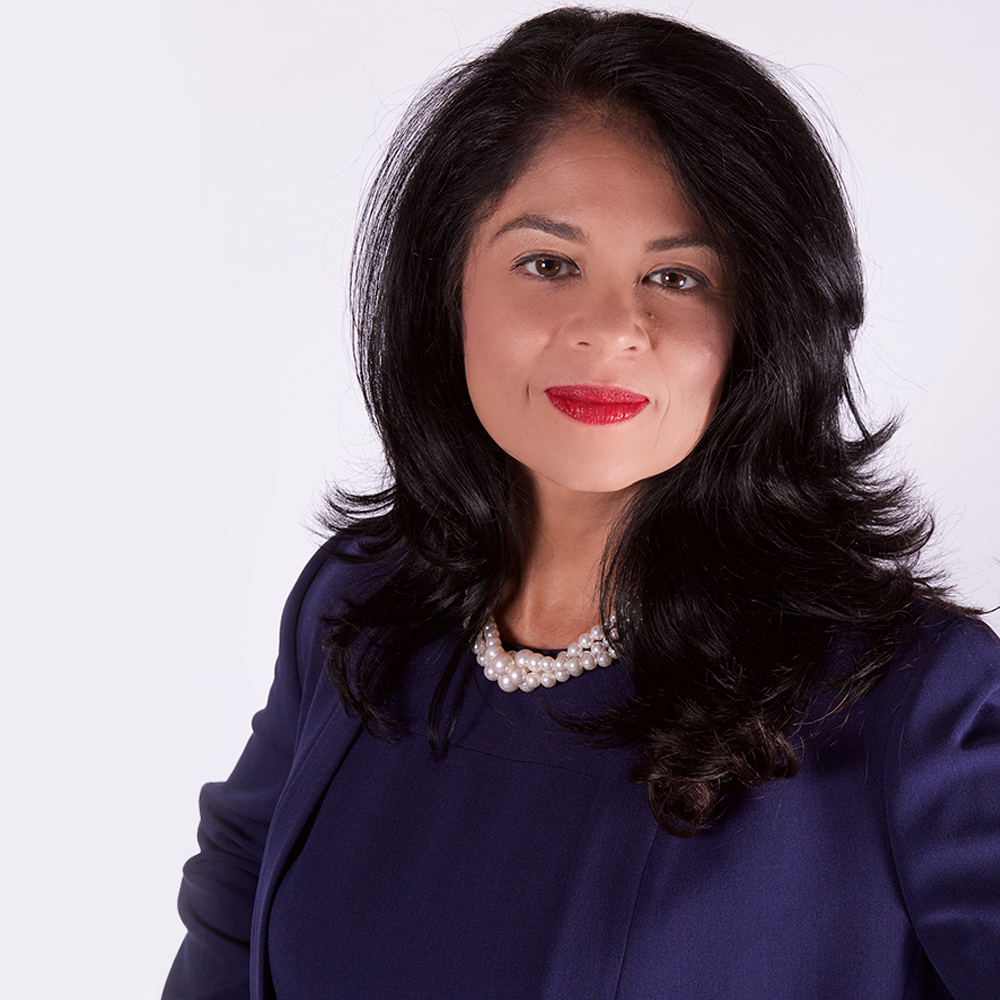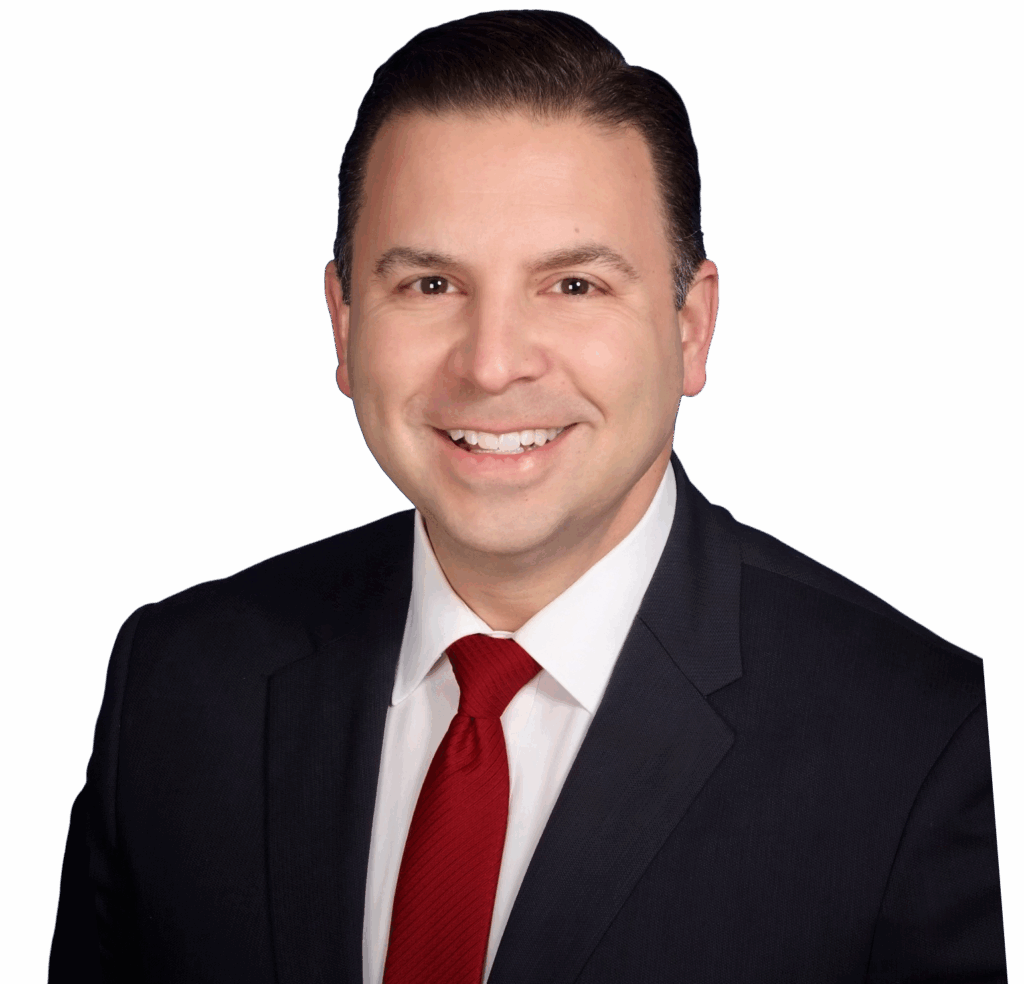Shaping the Future: How Students Are Being Prepared Today
By: Diana Bello Aristizábal
In today’s dynamic and demanding market, the future is built on the decisions made today. That’s why students in Miami-Dade schools need the right support to expand their chances of success—whether they choose to pursue a college degree, enter a technical training program, join the workforce, or contribute to their community in other ways.

Guiding them on their path first requires defining what success means in today’s global context. For Belinda Leon, director of The Women of Tomorrow Mentor & Scholarship Program (WOT) and student counselor, success means studying something that sparks interest and allows a person to stay engaged and active throughout their life.
“Many times, the career we choose in college is not the one we end up practicing, but it serves as a foundation for various jobs. For example, you might study law and not become a lawyer, but the knowledge you gain helps you read a document or write a contract. The path isn’t always straight,” she says.
She adds that when passion, interest, and usefulness converge in a job, each day is lived with such a spark that money follows as a natural result. “Maybe not immediately, but it does come with time.”

Meanwhile, Danny Espino, Miami-Dade County Public Schools Board Member for District 5, believes that success is a combination of information, opportunity, and practicality. This means, when parents have access to the right information, make use of the options and resources put at their disposal, and take decisions aligned with local market trends, they increase their kids’ chances to achieve their goals in the future.
The value of enhancing personal skills
Once the personal meaning of success is established, the next step is to identify individual strengths and provide the tools to enhance them, a shared responsibility between schools, teachers, families, and the students themselves.
In this regard, Belinda points out that the focus should not be on rushing to recognize personal talents or interests. “I have seen students who know very early on what they want out of their lives, while others, on the brink of graduation, are still undecided, and that’s not a bad thing. What’s important is to be open to new experiences.”
She encourages students to explore different activities from an early age, such as sports, music classes, acting, or themed clubs. By joining a wide range of things across the board, they can uncover a new calling, rule out expired passions, and, over time, clear out the career track that best represents them and gives them a sense of purpose in life.
During this process, it’s recommended to identify which subjects students feel most connected to and seek mentorship from an experienced adult to establish how they can develop their passions or strengths, and the careers best suited to their abilities. “For example, to be a lawyer, you need to enjoy reading and writing, and if that’s not the case for you, you may not be good at it,” explains Belinda.
According to Danny Espino, helping students reach their full potential requires inspiring them both inside and outside the classroom. “That can be with some of the week-long periods of study that we have like Victims of Communism week, or the Holocaust remembrance that aim to make them understand history, where we are and where we came from, through real-world experiences.”
The annual Miami-Dade County Schools Career and Technical Fair is yet another inspiring program that, according to Espino, has played a key role in shaping many students’ career choices. Students not only explore different career paths in various fields, but also interact with equipment, systems, and prototypes—such as engines or mechanical designs—that spark a desire to pursue a specific occupation.
According to Belinda, if the goal is to attend college, parents should follow certain steps early on. In sixth grade, it’s crucial identifying the subjects where the student struggles the most and looking for tutoring to close academic gaps. Then by eighth grade, families should already be exploring the different high school options available—from honors programs and special diplomas to those that offer college credits or technical licenses.
In high school, it’s important to be strategic about both course selection and extracurricular involvement—whether it’s starting a new project, volunteering, or taking on internships. These experiences not only boost a student’s GPA but also strengthen their appeal to colleges.
But a college education is not the only path to building a successful life. While its value is still recognized, Miami-Dade County Public Schools have increasingly shifted their focus toward equipping students with practical skills that they can build upon all the time and that prepare them to enter the workforce right out of high school.
“I think success for many people in Miami-Dade County has to look to be going into a career in technical, developing a job that pays six figures, whether it’s aviation or mechanics, without burdening themselves with student loans,” says the school board member.
Currently, the school system offers 50 plus career and technical programs in fields such as finance, health sciences, hospitality, engineering, and IT. Through these programs, students can earn licenses and certifications in a short period of time, with the goal of quickly achieving a high income— something essential in today’s economy, and a relief for many.
“Ultimately, what we want is to find the point where making a living and building a life intersect—and how to achieve one while working towards the other,” concludes the school board representative.

